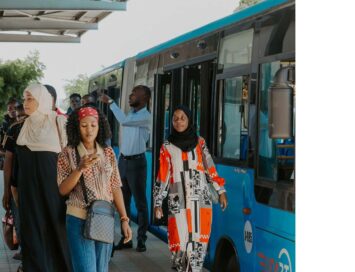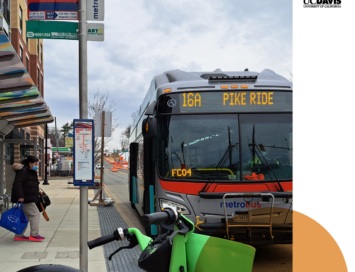Optimizing Dockless Bikeshare for Cities
New technologies and innovative business models have transformed the bikeshare landscape.
Dockless bikeshare increased the visibility and ubiquitousness of urban cycling in dozens of cities worldwide. Private dockless bicycle companies claim to provide bikeshare profitably (that is, without subsidy), creating the potential for bikeshare to become a rapidly scalable transportation option in cities.
However, complex questions have begun to arise: Can a city successfully improve urban transportation with dockless bikeshare? Can they avoid the negative outcomes of dockless bikeshare seen in many places? Can they do both by enabling profitable, competitive businesses? The answer appears to be yes, as long as cities proactively adopt policies to integrate dockless bikeshare into the city’s broader transportation system. Recognizing that cities are interested in capitalizing on those gains (and limiting negative outcomes), this policy brief provides an outcome-oriented framework for regulating dockless bikeshare —one that might also be relevant to other emerging transportation modes. This brief is not intended to be overly prescriptive, nor does it cover every possible action a city could take; instead it provides important guidance for successful dockless bikeshare.
Learn more by watching our webinar on dockless bikeshare here.





